What was Boris Johnson up to at the Privileges Committee? The former prime minister has just finished more than three hours of evidence on whether he deliberately misled the Commons over partygate. In his opening statement, he said ‘hand on heart, I did not lie to the House’. One of his repeated insistences was that he was just doing the ‘right thing’ when he was thanking staff who were leaving, despite MPs on the committee also repeatedly insisting that the guidance at the time clearly did not allow this.
He also appeared to lose his cool at times. ‘People who say that we are partying in lockdown simply do not know what they are talking about!’ he snapped at one point. This appearance of emotion was probably calculated rather than genuine. Johnson wanted to leave everyone watching with the distinct impression that he was totally baffled by the suggestion he thought the events being discussed were rule-breaking. And when it comes to ‘everyone watching’, his focus was clearly not so much on the cross-party panel of MPs before him but the Conservative MPs who may have to vote on whether to sanction him.
Johnson made very clear in his opening statement that he fears the committee has already made up its mind, and he wants Tory MPs to view its inquiry as a kangaroo court, rather than something worth giving credence to. He claimed that he respected the committee, but some of his supporters started to make audible complaints in the room as the questioning wore on. Asked whether he accepted that the committee could be wrong in its verdict rather than an unfair ‘witch hunt’, he said ‘I will wait to see how you proceed with the evidence’.
That is one of the fascinating things about this parliamentary trial. Whatever the verdict, the bigger question will be whether he publicly accepts it, or opts for the line he verged on making today that its conclusions were always going to be biased.
Because it involves Boris Johnson, the inquiry has turned into a circus which seems far out of proportion to the question it is asking. The offence of deliberately misleading MPs does seem rather minor in comparison to some of the ways in which the liberty of ordinary people was curtailed during lockdown (Fraser lists some of the most egregious examples here). But it is still important for MPs to enforce standards among themselves. It cannot be the case that lying becomes something trivial or normal. The culture in Westminster has shifted in recent years, to the extent that in the dying hours of the Johnson administration, his press spokesman was asked by journalists ‘are you going to tell us the truth today?’. That might be a question the public think should be asked every day, but lying has been a taboo in Westminster, often to the point that spokespeople will develop their own bizarre language in order to avoid doing it. ‘I didn’t see that’, ‘I’ve not heard of that’ are non-lying denials when something has definitely happened which can nonetheless trip a novice speaker of politicalese up. What tripped many seasoned journalists up in the past few years was that the non-lying denials stopped and there was a more flagrant attitude to mistruths.
The circus of the Johnson administration generally means that stories that were once real front page material now rank lower because they seem more normal. No one should think that is a good thing, and even once the Privileges Committee trial is closed, there is still a repair job to be done on trust in politics that no one on the frontline seems fully equipped to do.
Got something to add? Join the discussion and comment below.
Get 10 issues for just $10
Subscribe to The Spectator Australia today for the next 10 magazine issues, plus full online access, for just $10.


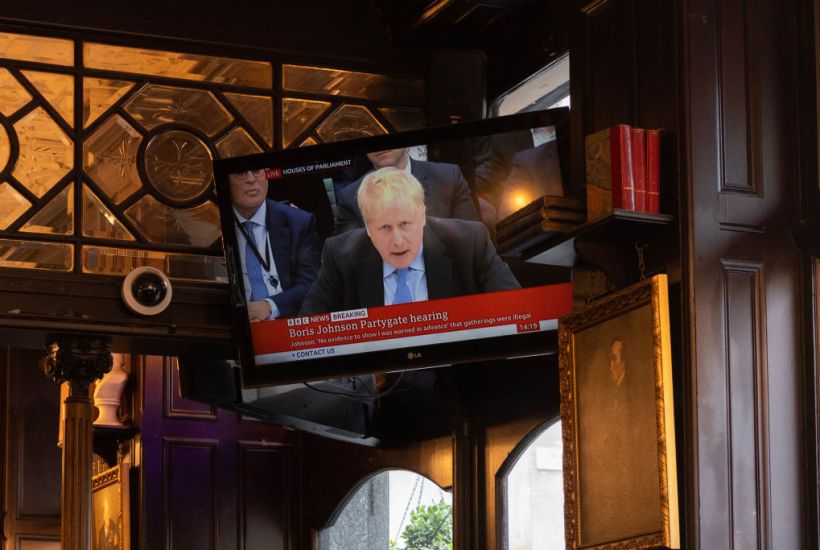

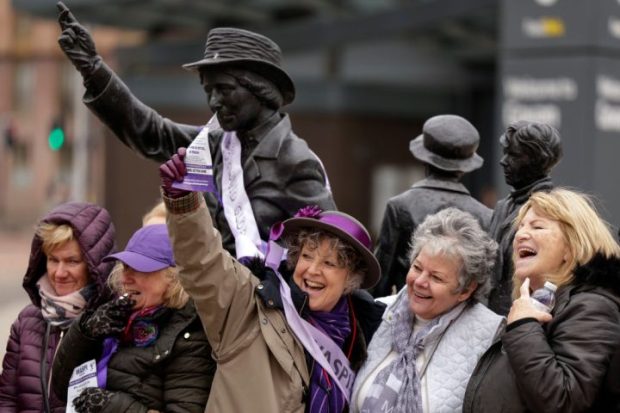

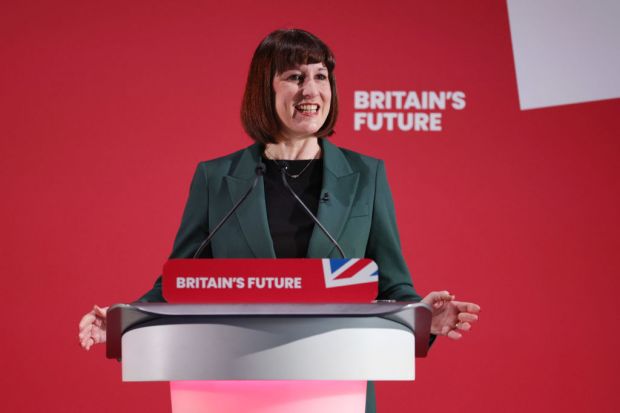
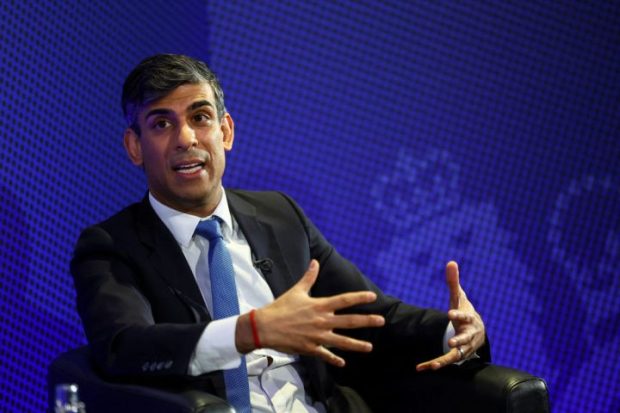
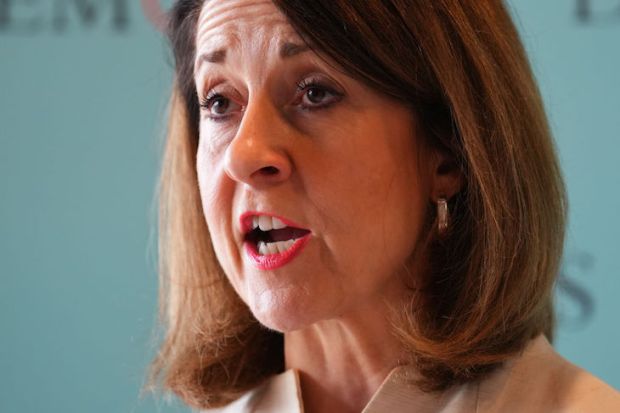












Comments
Don't miss out
Join the conversation with other Spectator Australia readers. Subscribe to leave a comment.
SUBSCRIBEAlready a subscriber? Log in